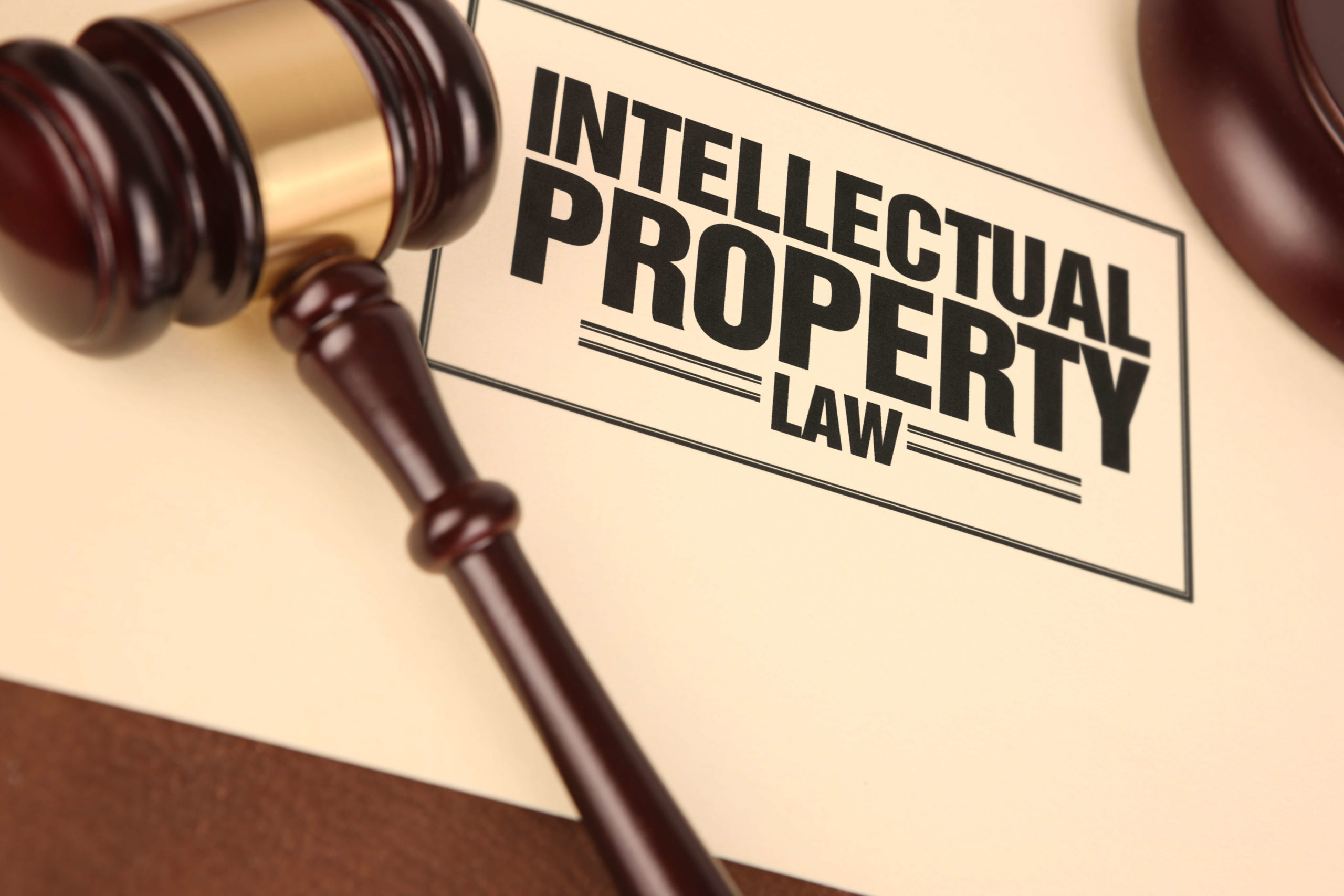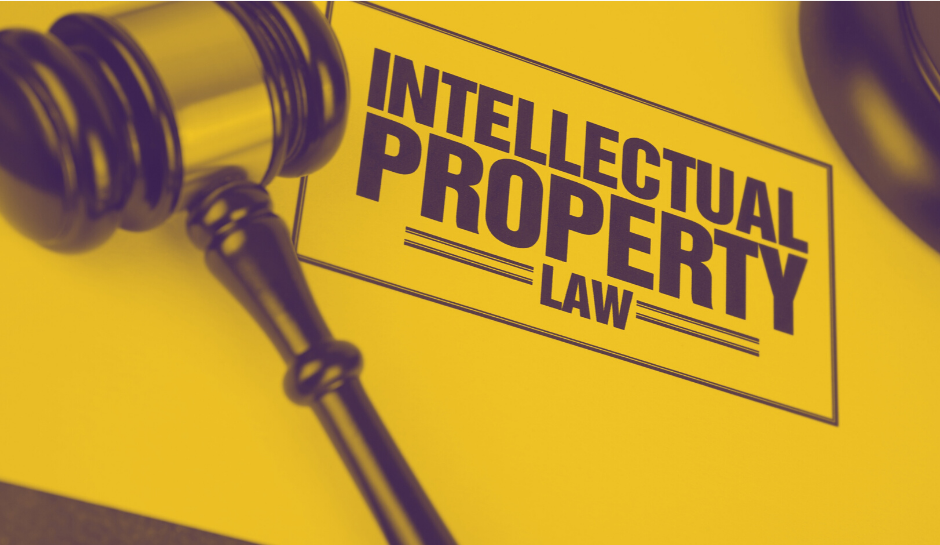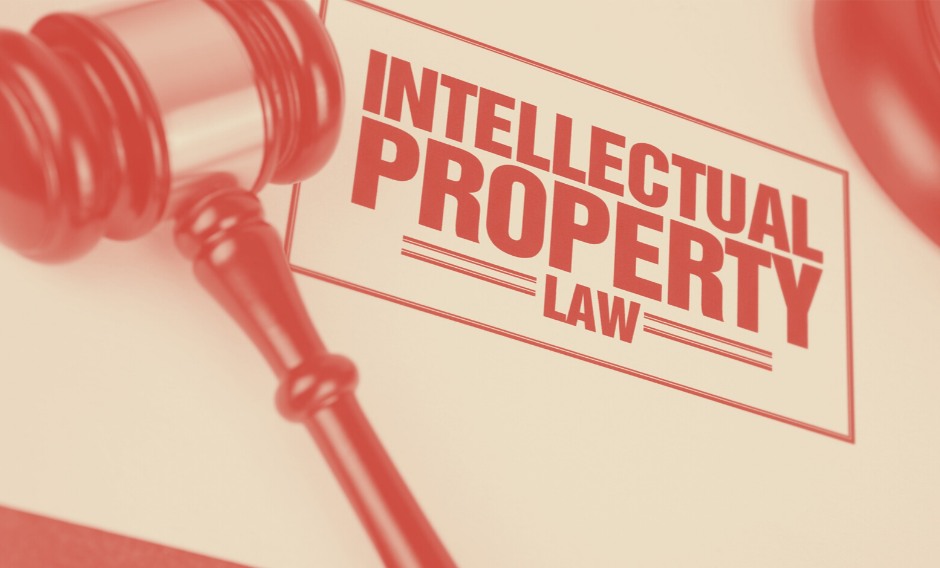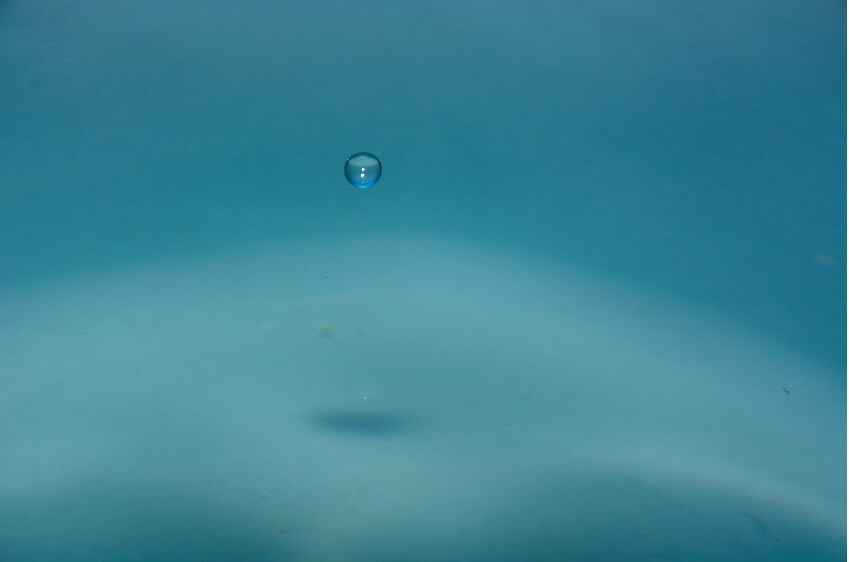Disputes relating to intellectual property rights infringements are complex especially in terms of evidence presented during legal proceedings. On many occasions, such complexity results not only from the key issues of the problem itself but mainly form a limited access to the data allowing claimant to assess inter alia the amount of the loss suffered as well as the extent and degree of the infringement.
A solution to this problem has come along with the Directive 2004/48/EC on execution of intellectual property rights (hereafter: “the Directive”). Its aim is to approximate legislative systems of the Member States so as to ensure a high, equivalent and homogeneous level of protection of intellectual property rights. This Directive has introduced numerous important institutions, including the so-called “right to information”, according to which the claimant (most frequently the IP right holders) was equipped with the possibility of ordering the parties listed in the Directive to disclose specific information, which is relevant to the occurred infringement. Therefore, upon a justified and proportional request of the claimant, a party is obliged to disclose information including “the names and addresses of the producers, manufacturers, distributors, suppliers and other previous holders of the goods or services, as well as the intended wholesalers and retailers, , as well as information on the quantities produced, manufactured, delivered, received or ordered, as well as the price obtained for the goods or services in question.” [1]
Such right to information or most precisely – information claim – regulated within the European Union, was also incorporated into the Polish legal system in 2007 by introducing to the Industrial Property Law (hereafter: the IP Law) new article 286 [1]. Although above provision has been in force for over 13 years now, it was subject to changes. Its core aim however stayed the same.
It shall be mentioned that until the current amendment that was enacted in the IP Law of 28 January 2020 (Journal of Laws of 2020, item 286), that came into effect on 27 February 2020, the article 286 [1] contained in fact two claims: for securing evidence (which will not be discussed further), and securing claims to provide information. Both the doctrine as well as the judicature widely criticized such implementation of the Directive. Imperfections that were discussed concerned mostly the wording of the article 286 [1] of the IP law. Even from the very first reading of indicated above provision and the Directive itself, it can be derived that the Polish legislator, in spite of dividing claims: for securing evidence and information claim, mixed them together and incorporated them into one single provision which concerned in general “the security of” claims. As a consequence, the material nature of the information claim was inappropriately combined with the procedure of enforcing it, as from the terms used in the article 286 [1] could be inaccurately understood that information claim should be the subject of the proceedings for securing claims within the meaning of the Civil Procedure Code (hereafter: the CPC).[2]
Already mentioned IP Law amendment of 28 January 2020 (Journal of Laws of 2020, item 286) finally separated the information claim from the claim for securing evidence and regulate them respectively in article 286 [1] and article 286 [2].
However, despite undertaken attempts to introduce changes and provide the proper implementation of the Directive, said IP law amendment – in some aspects – still provokes reflections on the accurateness of the implementation made.
Moreover, with reference to the abovementioned it needs to be underlined that Polish legal system is now facing a very intriguing situation. Meaning, the IP law amendment which came into effect on 27 February 2020, will apply only until 1 July 2020, when the newest amendments to the CPC shall be in force. Indicated CPC amendment will regulate all IP related issues in another chapter solely dedicated to such matters. This is particularly essential for the practice, as depending on the date of filing an information claim, different provisions will be applicable. On one hand this may be the reason of fairly serious practical problems, which will definitely remain very engaging from a legal perspective.
It is great pleasure to invite you to follow the updates of our IP Blog, as our discussion concerning this matter will be continued soon, in the next parts to be published.
[1] Art. 8 Par. 2 of the Directive 2004/48/EC of the European Parliament and the Council of 29 April 2004 on execution of intellectual property rights. Information, which is referred to in Par. 1, includes, if applicable: a) names and addresses of manufacturers, producers, distributors, suppliers and other previous holders of goods or services, as well as the expected wholesalers and retailers; b) information on the amount of manufactured, produced, forwarded, received or ordered goods or services, which are concerned, including the prices received for them.”
[2] T. Marek, Legal Construction of Information Claim in the Law on Industrial Property, Civil Procedure Regulations 2015, no. 2, page 212. Such standpoint was expressed by the Supreme Court in respect of the request for providing information on the basis of Art. 105 Par. 2 of the Copyright; refer to a resolution of the Supreme Court as of 17 September 2009, III CZP 57/09, OSNC 2010, item 49. In: Ereciński Tadeusz (editor), Jakubecki Andrzej (editor), the System of the Procedural Civil Law. Vol. V. The proceedings for securing claims, 2016. [Author’s Translation]

Dominika Fallach is the junior associatet at Patpol Legal. She is a graduate of the Faculty of Law at Kozminski University, and also has a scholarship of the ERASMUS + program at the University of Vaasa in Finland. She completed a summer law school of intellectual property, organized by the IPR University Center in Helsinki. Dominika started her attorney apprenticeship in 2021. Contact with the author






